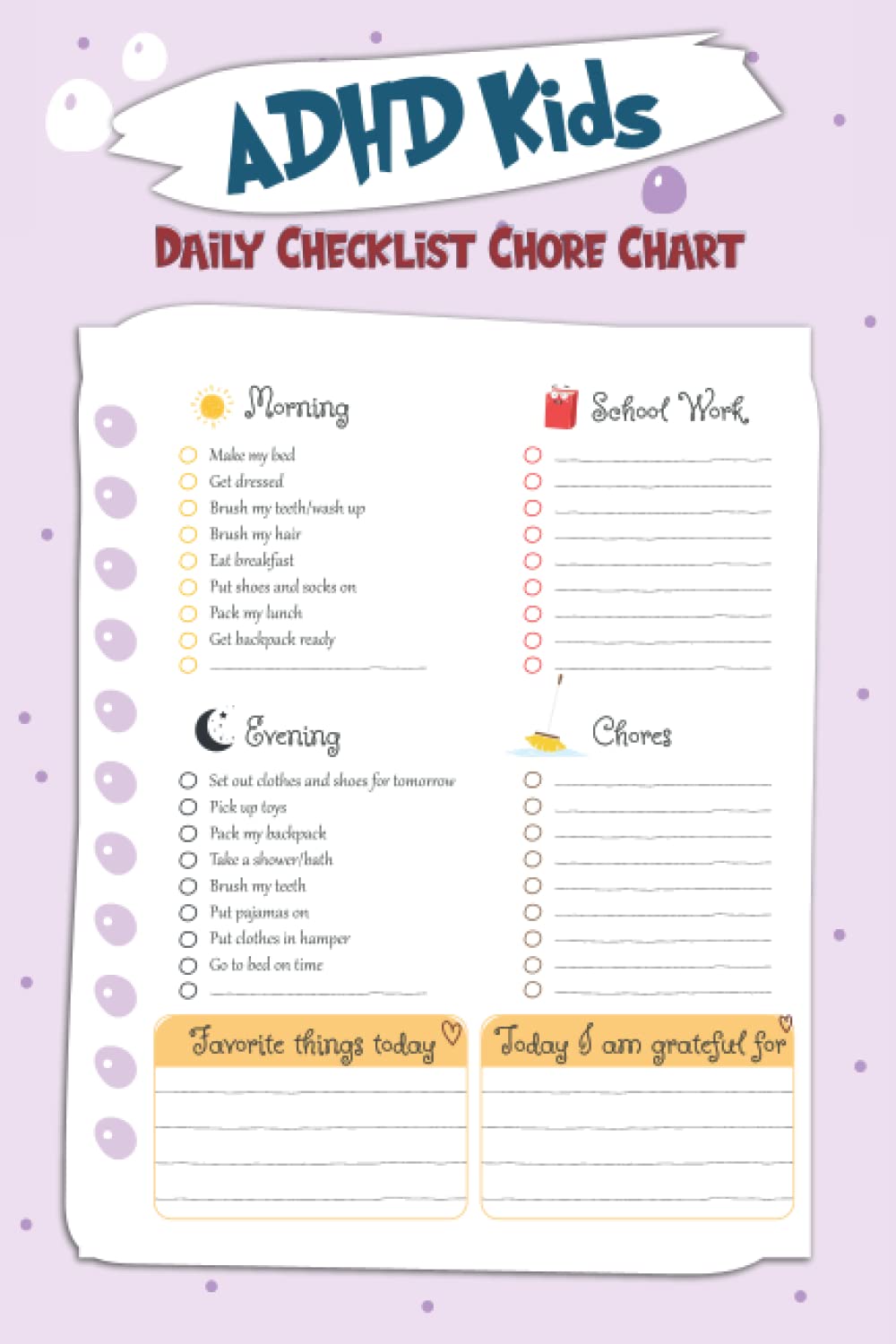Inside Our ADHD Minds: Navigating Daily Life With ADHD

Table of Contents
Understanding the ADHD Brain: Symptoms and Challenges
ADHD, or attention deficit hyperactivity disorder, is characterized by a persistent pattern of inattention, hyperactivity, and impulsivity. These symptoms manifest differently in children and adults, impacting focus, organization, and emotional regulation. Understanding these core symptoms is the first step towards effective management.
-
Inattentiveness: This involves difficulty sustaining attention, easily getting distracted, struggling to follow instructions, and frequently losing things. In adults, this might present as chronic disorganization or difficulty completing tasks.
-
Hyperactivity: This can range from excessive fidgeting and restlessness in children to internal restlessness and difficulty staying still in adults. It often involves excessive talking or interrupting others.
-
Impulsivity: This encompasses acting without thinking, difficulty waiting for one's turn, and interrupting conversations. In adults, impulsive decision-making and risk-taking behaviors are common.
Beyond these core symptoms, ADHD significantly impacts executive function. This refers to the cognitive processes that enable goal-directed behavior, including:
- Planning and Organization: Difficulty prioritizing tasks, creating schedules, and maintaining a structured environment.
- Time Management: Struggling to estimate time, meet deadlines, and manage multiple tasks simultaneously.
- Working Memory: Challenges remembering instructions, retaining information, and recalling details.
Many individuals with ADHD also experience difficulties with emotional regulation, leading to frustration, irritability, and mood swings. A professional diagnosis from a psychiatrist or psychologist is essential for accurate assessment and the development of a personalized treatment plan.
Strategies for Managing ADHD in Daily Life
Managing ADHD effectively requires a multifaceted approach combining various strategies and techniques. There’s no one-size-fits-all solution; what works for one person may not work for another. Experimentation and finding the right combination are key.
-
Time Management Techniques: The Pomodoro Technique (working in focused bursts with short breaks) and time blocking (scheduling specific times for tasks) can improve productivity and focus. Breaking down large tasks into smaller, more manageable steps also helps.
-
Organizational Strategies: Utilizing digital calendars, to-do lists, and prioritization methods (like the Eisenhower Matrix) can greatly improve organization and reduce overwhelm. Color-coding systems and visual reminders can also be beneficial.
-
Medication and Therapy: Medication, such as stimulants or non-stimulants, can significantly reduce core ADHD symptoms. Therapy, including Cognitive Behavioral Therapy (CBT) and behavioral therapy, helps develop coping mechanisms and strategies for managing challenges.
-
Mindfulness and Stress Reduction: Mindfulness practices, such as meditation and deep breathing exercises, can improve focus and reduce stress and anxiety, common challenges for individuals with ADHD.
-
Assistive Technology and Apps: Numerous apps and technologies are designed to aid in task management, time tracking, and organization, providing additional support for individuals with ADHD.
Conquering Procrastination and Improving Focus
Procrastination is a common struggle for those with ADHD, often stemming from a combination of factors, including difficulty initiating tasks, overwhelming feelings of being faced with large tasks, and a preference for immediate gratification. However, proactive strategies can help.
-
Task Breakdown: Breaking down large, daunting tasks into smaller, more manageable steps makes them less intimidating and more achievable. Celebrating the completion of each small step provides positive reinforcement.
-
Improving Focus: Mindfulness exercises, minimizing distractions (creating a dedicated workspace), and utilizing noise-canceling headphones can significantly improve concentration. Regular breaks are also crucial to prevent burnout.
-
Boosting Motivation: Setting realistic goals, rewarding oneself for accomplishments, and focusing on the positive outcomes of completing tasks can increase motivation and maintain momentum.
Building Supportive Relationships and Self-Care
Living with ADHD requires nurturing supportive relationships and prioritizing self-care. Open communication and understanding are crucial for building strong connections.
-
Communication Strategies: Learning to communicate effectively with family, friends, and colleagues about ADHD challenges and needs fosters empathy and support. Clearly expressing needs and expectations is essential.
-
Improving Social Skills: Practicing social skills, such as active listening and appropriate responses, can improve social interactions and reduce social anxiety.
-
Self-Compassion and Self-Care: Practicing self-compassion, acknowledging struggles without self-criticism, is vital for emotional well-being. Prioritizing self-care activities, such as exercise, healthy eating, and adequate sleep, supports both physical and mental health.
-
Support Groups and Therapists: Connecting with support groups or seeking therapy provides a safe space to share experiences, learn coping strategies, and receive professional guidance. This creates a sense of community and reduces feelings of isolation.
Conclusion
Navigating daily life with ADHD presents significant challenges, but with the right strategies and support, individuals can lead fulfilling lives. Understanding the core symptoms of ADHD, implementing effective management techniques, building strong support systems, and prioritizing self-care are crucial steps towards success. Remember that self-advocacy, seeking professional help, and embracing self-compassion are vital components of managing ADHD effectively. Start managing your ADHD today! Learn more about effective ADHD strategies and discover resources to help you navigate daily life with ADHD. Visit [link to relevant ADHD organization] and [link to another helpful resource] to find support and information tailored to your needs.

Featured Posts
-
 Mob Land Premiere Photos Of Pregnant Cassie And Alex Fines Red Carpet Appearance
May 13, 2025
Mob Land Premiere Photos Of Pregnant Cassie And Alex Fines Red Carpet Appearance
May 13, 2025 -
 Miami Heat Off Season The Rise Of Nba Tankathon
May 13, 2025
Miami Heat Off Season The Rise Of Nba Tankathon
May 13, 2025 -
 New Heist Movie Sequel Premieres On Amazon Prime This Month
May 13, 2025
New Heist Movie Sequel Premieres On Amazon Prime This Month
May 13, 2025 -
 Charlotte Hornets Free Nba Draft Lottery Party Details And What To Expect
May 13, 2025
Charlotte Hornets Free Nba Draft Lottery Party Details And What To Expect
May 13, 2025 -
 Epic Muslim Mega City Proposal Faces Doj Inquiry
May 13, 2025
Epic Muslim Mega City Proposal Faces Doj Inquiry
May 13, 2025
